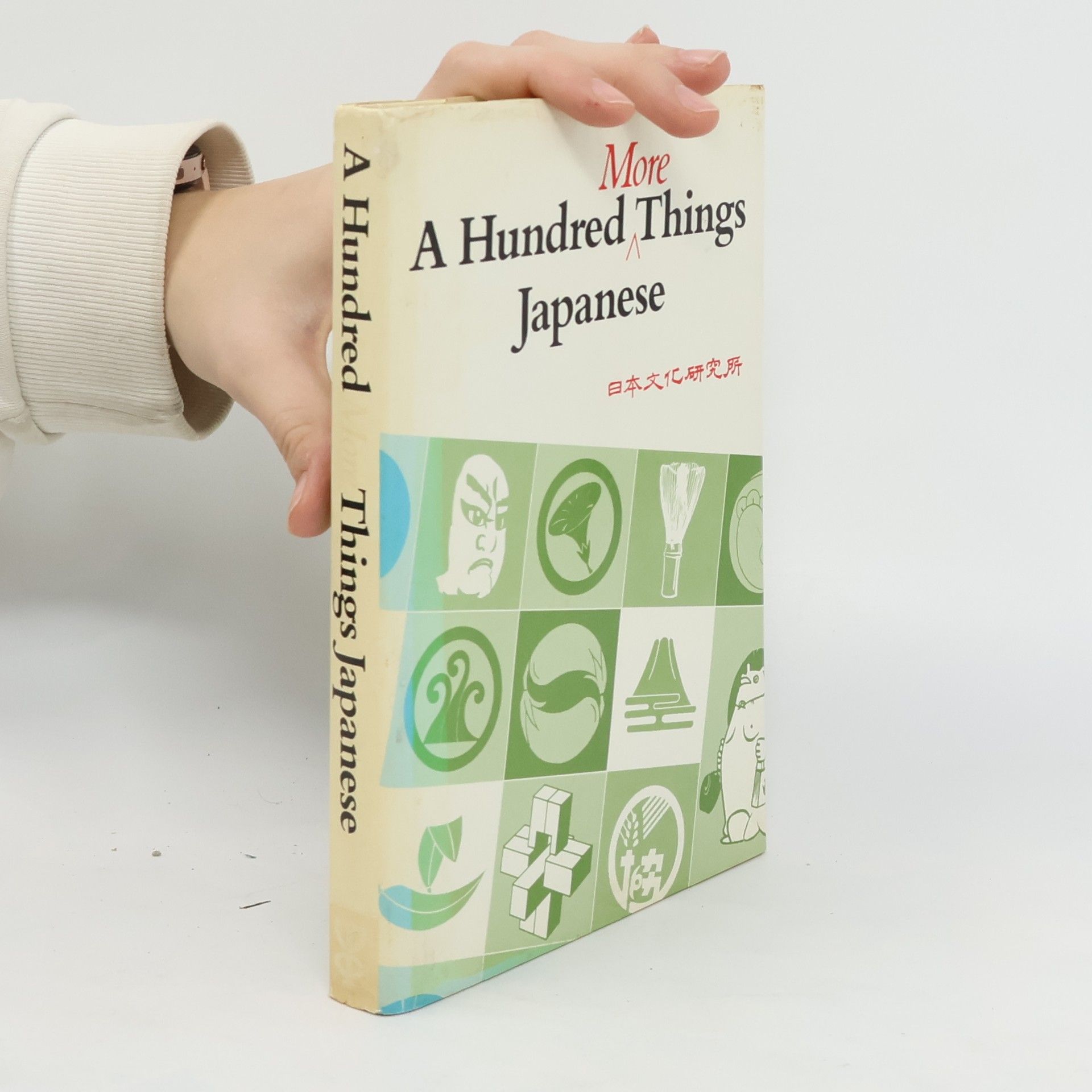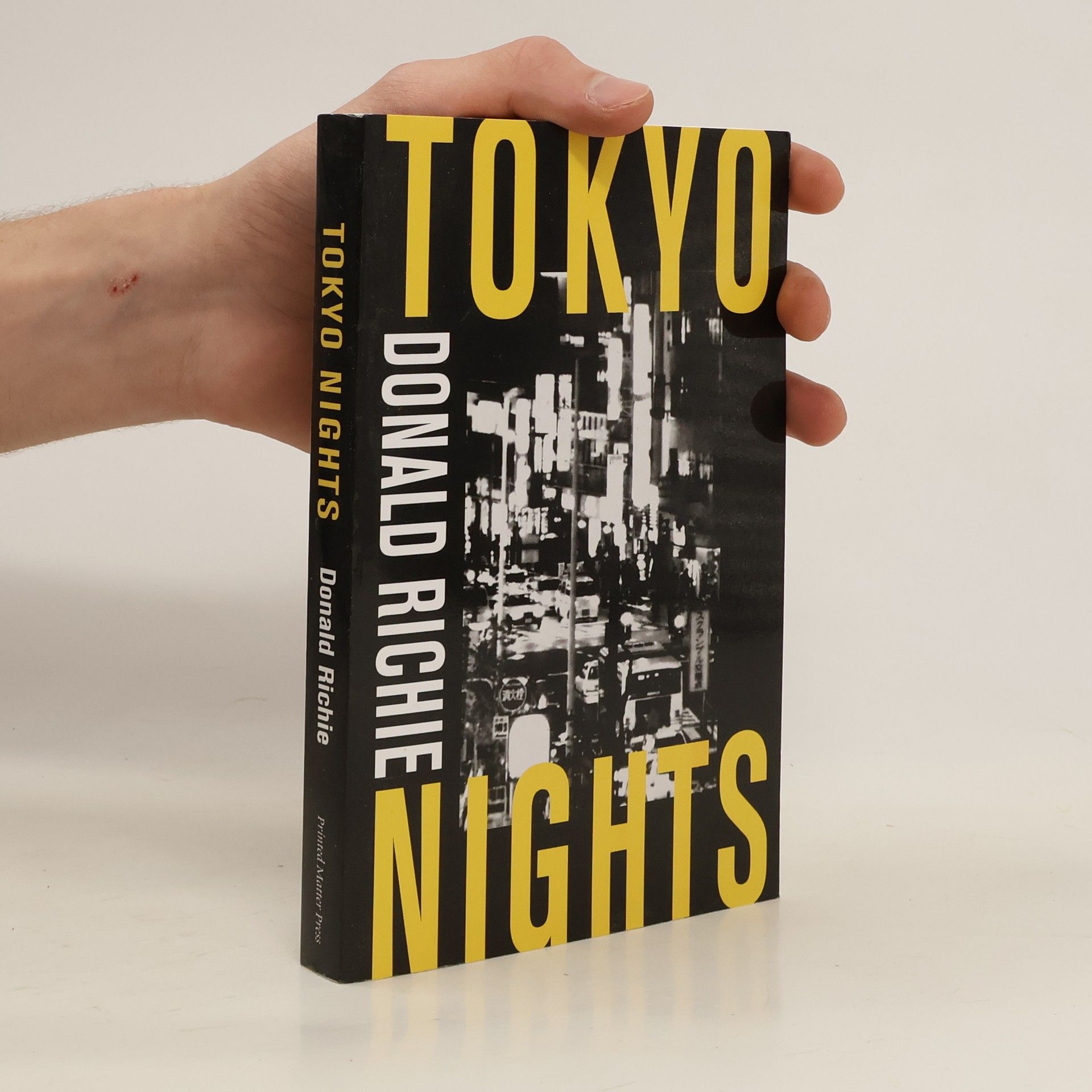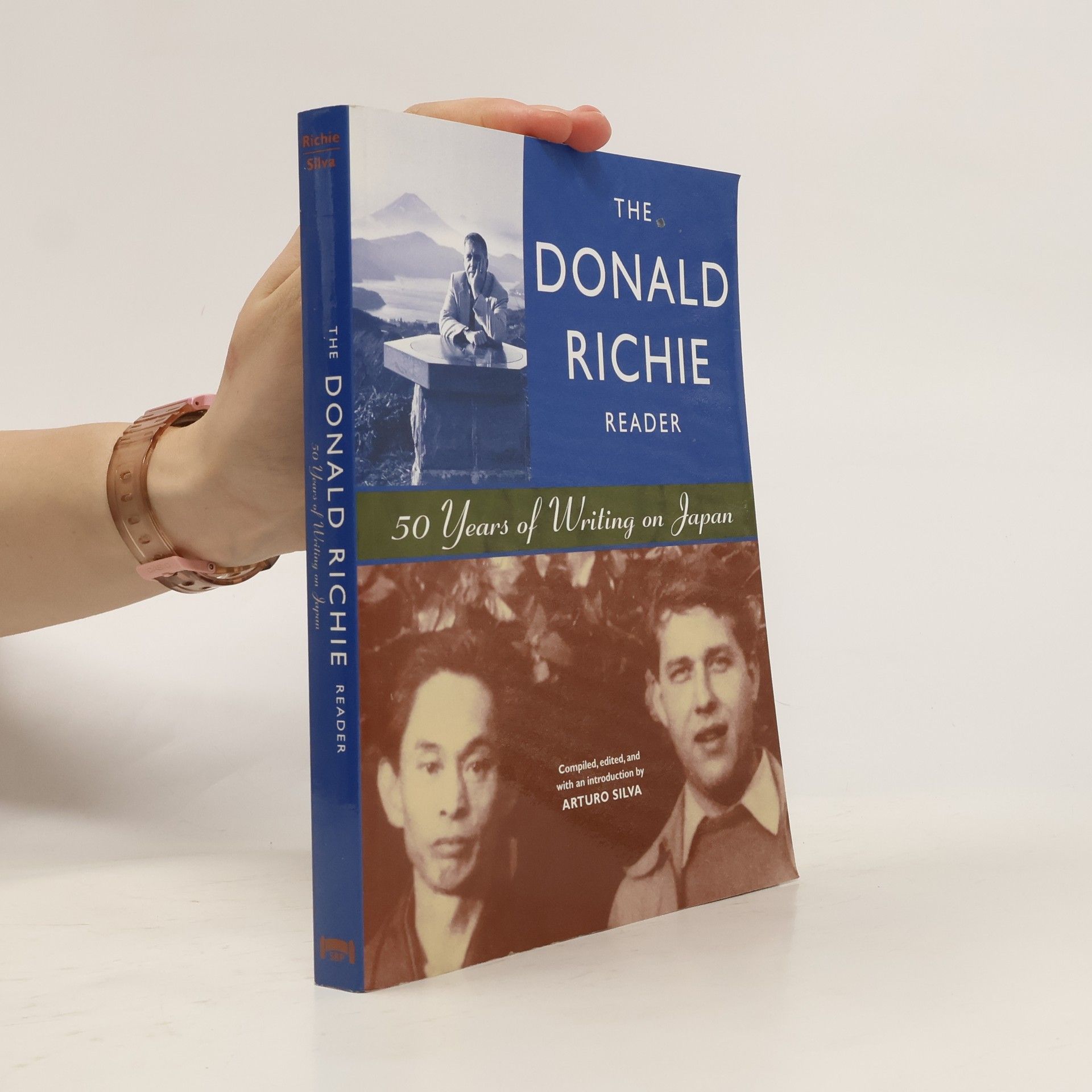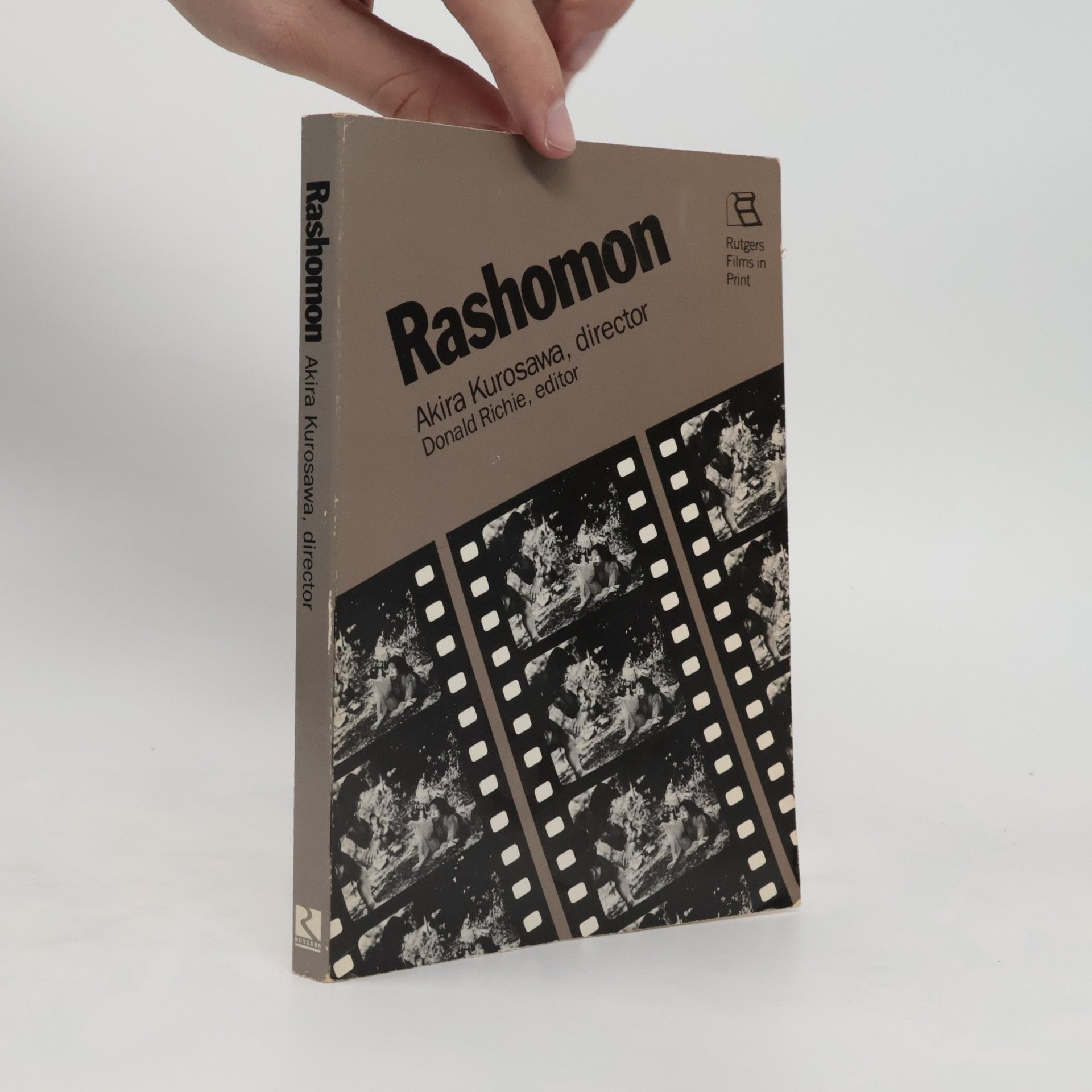Donald Richie Bücher
Donald Richie war ein amerikanischer Autor, der für seine tiefen Einblicke in die japanische Kultur und Kinematographie bekannt wurde. Obwohl er sich selbst hauptsächlich als Schriftsteller betrachtete, zeichnet sich sein Werk durch sorgfältige Analysen aus, die die einzigartige "präsentative" Natur des japanischen Films im Gegensatz zum westlichen "repräsentativen" Kino hervorheben. Richies Schriften bieten den Lesern eine fesselnde Perspektive auf Japan, agierend als ein "subtiles, stilvolles und täuschend klares Medium zwischen zwei Kulturen", wie von Tom Wolfe beschrieben. Seine Essays und Filmkritiken werden für ihre Tiefe und ihre Fähigkeit, unterschiedliche kulturelle Welten zu verbinden, geschätzt.

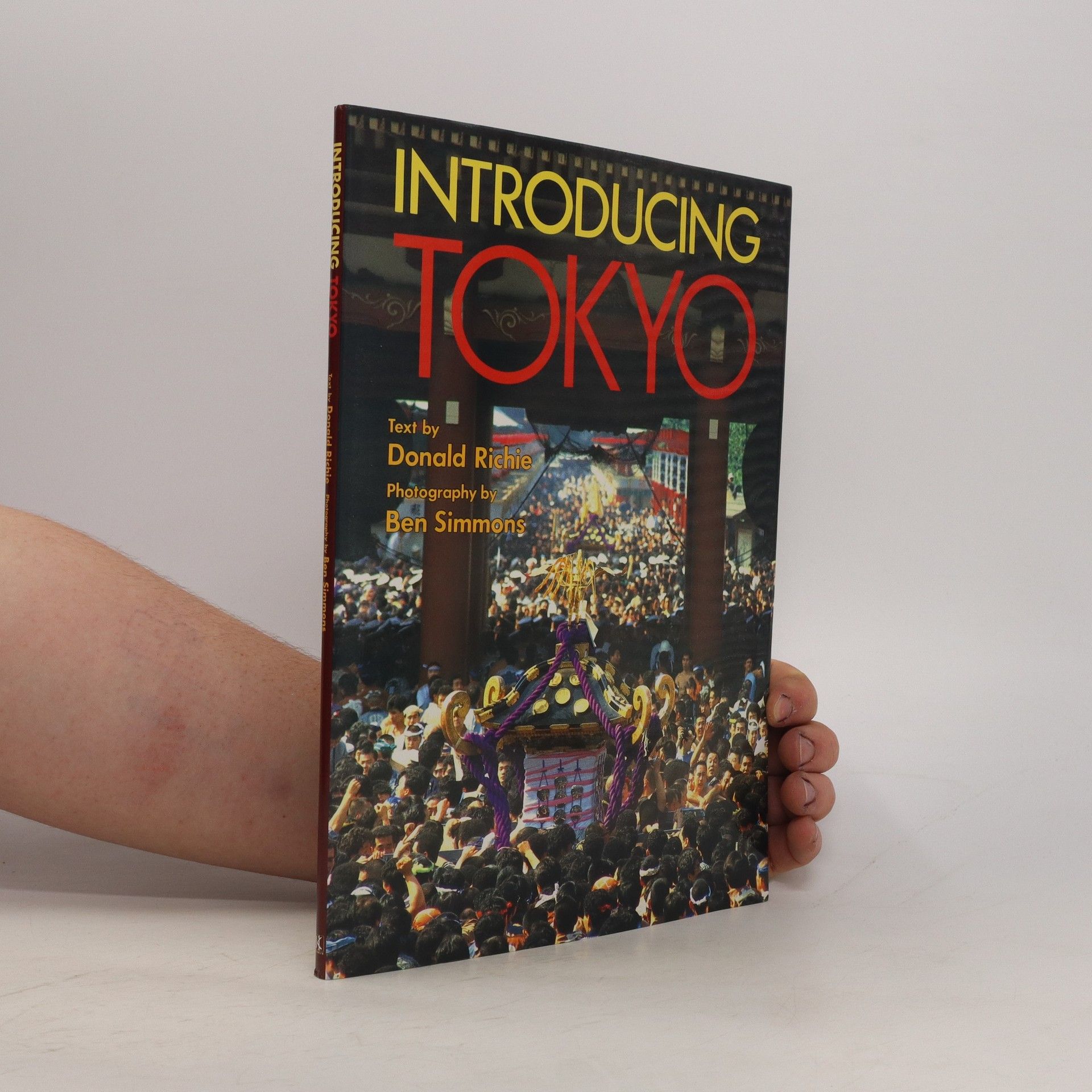


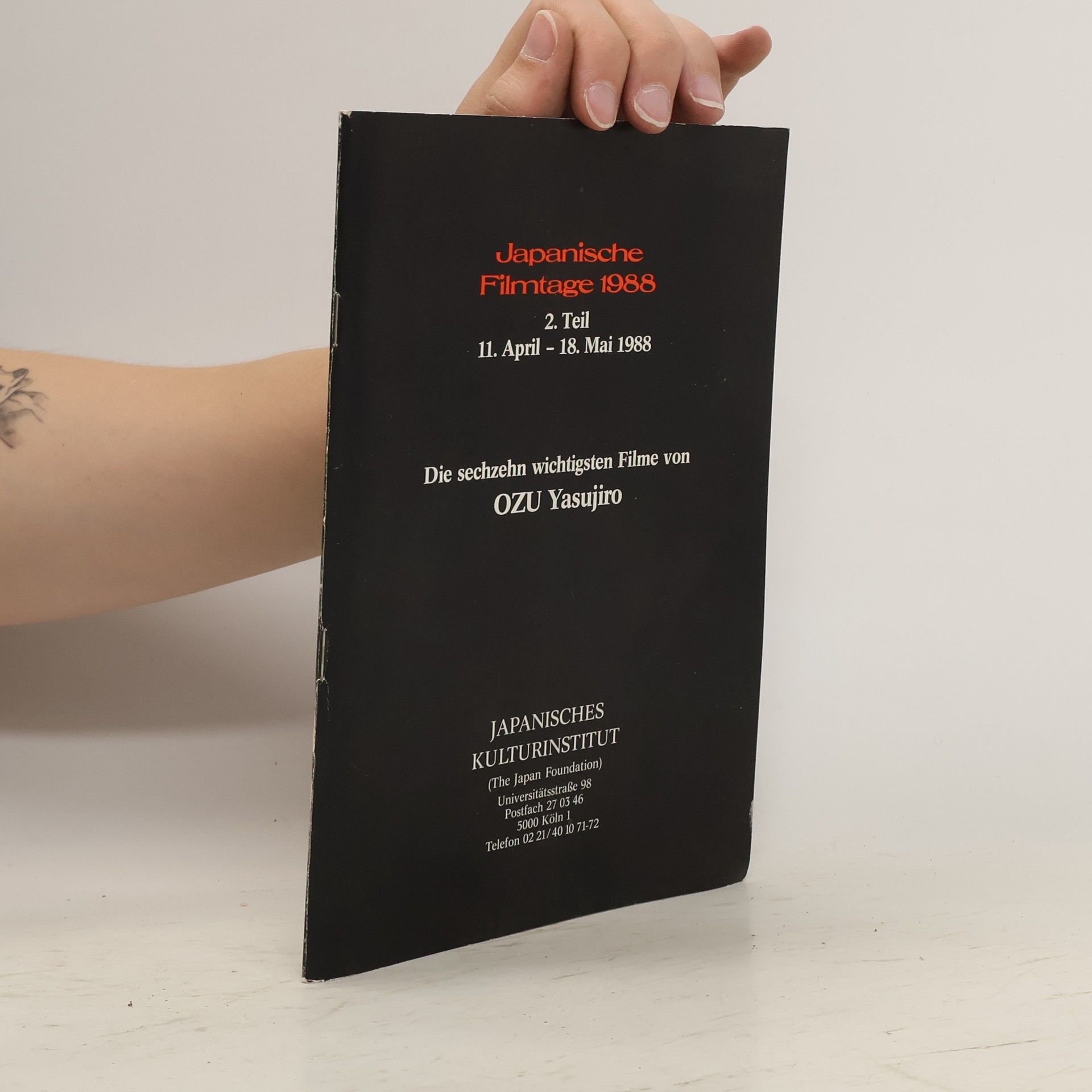
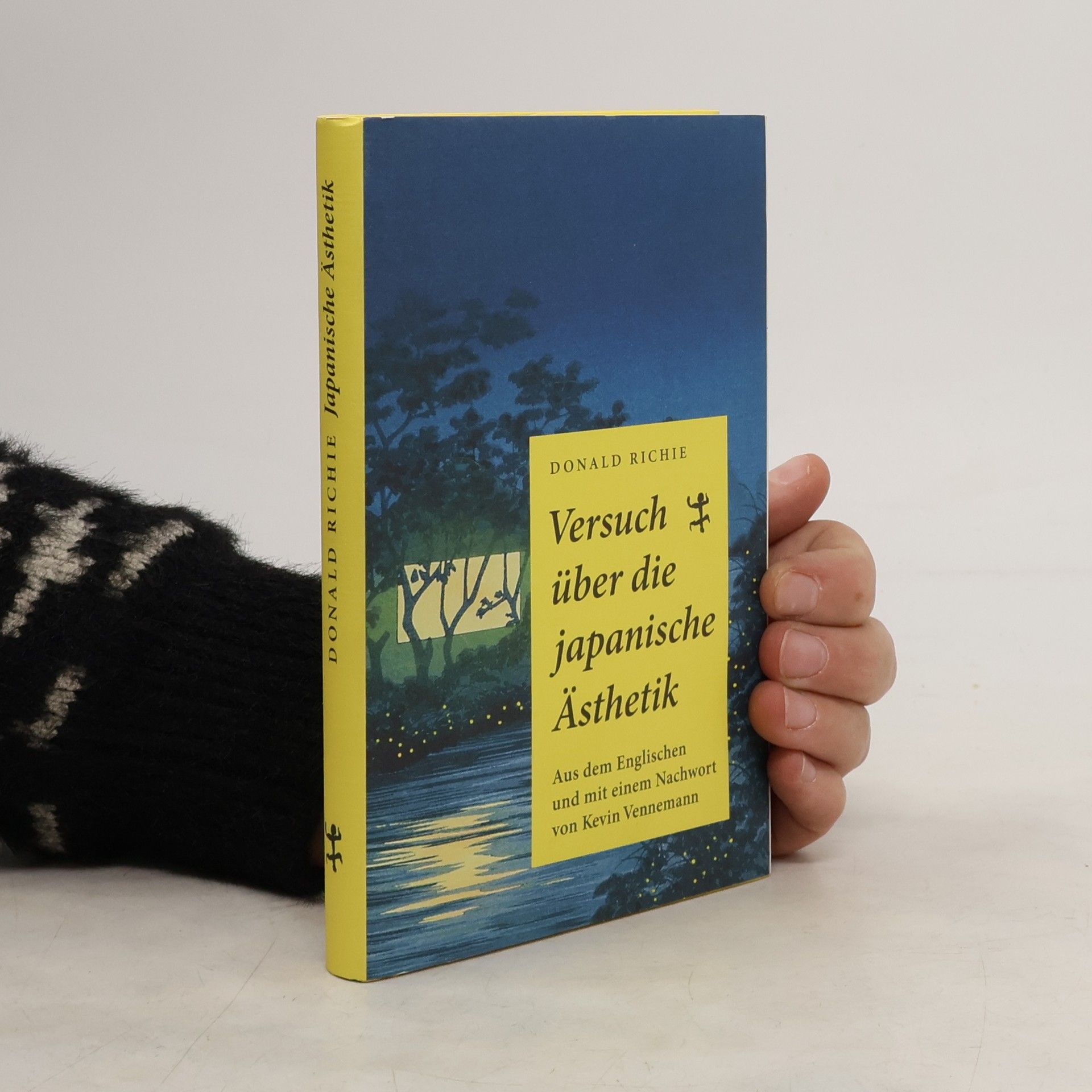
Tokyo Megacity
- 176 Seiten
- 7 Lesestunden
Featuring stunning photography, this travel guide delves into the vibrant culture, art, and architecture of Tokyo. It highlights the city's unique blend of tradition and modernity, showcasing its diverse neighborhoods and iconic landmarks. Perfect for both first-time visitors and seasoned travelers, the guide offers insights into the experiences that define Tokyo as a world-class destination.
The Inland Sea
- 260 Seiten
- 10 Lesestunden
"Earns its place on the very short shelf of books on Japan that are of permanent value."—Times Literary Supplement. "Richie is a stupendous travel writer; the book shines with bright witticisms, deft characterizations of fisherfolk, merchants, monks and wistful adolescents, and keen comparisons of Japanes and Western culture." —San Francisco Chronicle"A learned, beautifully paced elegy."—London Review of BooksSheltered between Japan’s major islands lies the Inland Sea, a place modernity passed by. In this classic travel memoir, Donald Richie embarks on a quest to find Japan’s timeless heart among its mysterious waters and forgotten islands. This edition features an introduction by Pico Iyer, photographs from the award-winning PBS documentary, and a new afterword. First published in 1971, The Inland Sea is a lucid, tender voyage of discovery and self-revelation.Donald Richie is the foremost authority on Japanese culture and cinema with 40+ books in print.
Introducing Tokyo
- 80 Seiten
- 3 Lesestunden
This illustrated volume presents a portrait of Japan with over 100 colourhotographs and essays on nature, arts, traditional culture and modern life.
From the metropolitan bustle of busy, modern Tokyo to the serenity of classical Kyoto, from the northern frontier land of snowy Hokkaido to distinctly colorful Kyushu and Okinawa in the southwest, Japan is a country of striking contrasts and frequent contradictions-geisha and baseball, the Kabuki theater and oil refineries, skyscrapers of steel and glass, landscape gardens of sand and rock. The blend of the ancient and the contemporary is unique and fascinating. Here in one volume are all the beauty and vitality of a nation whose recorded history reaches back nearly two thousand years, a nation that has progressed in little more than a century from self-imposed isolation to a place of prominence among the nations of the world. Facts-historical, geographic, cultural and economic-are wedded In a definitive combination to extraordinary pictures by some of Japan's leading photographers. This book provides, in addition to the incisive text and captions written by Donald Richie, an informative foreword by the late Edwin O. Reischauer. For the general reader, for those who have visited these islands, and for those who are unfamiliar with them, this is a superbly well-rounded introduction.
Following on the success of the first publiction, A hundred things Japanese, this work provides 100 more additional definitions that define Japanese culture
Tokyo Nights
- 223 Seiten
- 8 Lesestunden
Fiction. This book is a fast and enjoyable read. Take three men and three women. Mix them well in the summer heat and cool autumn of Ginza. This book was first published in London in 1988, revised edition published in 1994. This second revised edition contains a new introduction by David Cozy. "A Bizarre manga, a post-modern comedy of manners full of withering insights into contemporary Japan"--The Japan Times. "It is Richie's unswerving commitment to make it only too plain what these sorts of people do say (and don't say) to each other that makes the novel so suffocatingly authentic"--Intersect.
